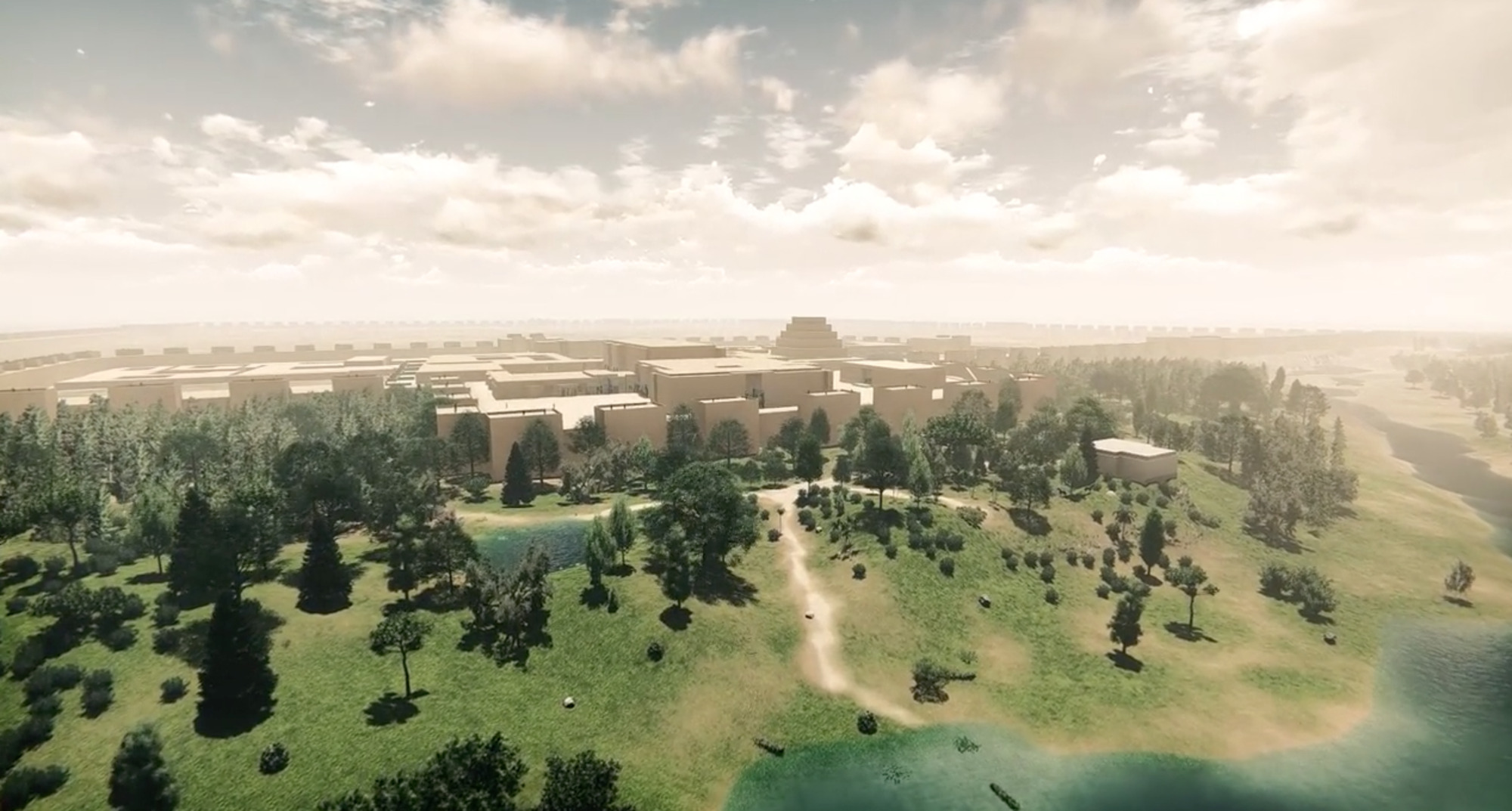
- Home
- Explore the site
- Sargon’s reign
- His military campaigns
Sargon's reign marked a new stage in the empire’s expansion. With his armies, he greatly strengthened Assyrian power.
Military campaigns in the Levant
Sargon suppressed revolts led by a league of seven kingdoms in Syria and Palestine until about 720 BCE. An inscribed stela bearing his image found in Kition suggests his control extended as far as Cyprus. In 716 BCE he fought against several Arab tribes and forged trade links with Egypt. Finally, in 712 BCE, he annexed the Philistine cities into the Assyrian Empire, an episode mentioned in the Bible:
"That was the year when the chief commander sent by Sargon, king of Ashur, came to besiege Ashdod and took it." (Isaiah, XX, 1) /p>
Control of Babylon
Babylon had always sought independence from the Assyrian Empire. In 720 BCE, the Chaldean Merodach-Baladan II was made king of the city. Sargon initially agreed a treaty with him, leaving him in place until 710 BCE. He then drove him out, seized Babylon with the clergy’s support, and had himself crowned king during the New Year festival.
Anatolia and Urartu
In Urartu, Sargon conducted his eighth and best-known military campaign in 714 BCE, which resulted in the looting of the city of Musasir and the lining of the royal coffers. He maintained Assyrian power on the borders of Anatolia by annexing the kingdom of Karkemish around 717 BCE and agreeing a peace treaty with King Midas of Phrygia in 709 BCE. It was during a campaign in the kingdom of Tabal, in 705 BCE, that he lost his life.



